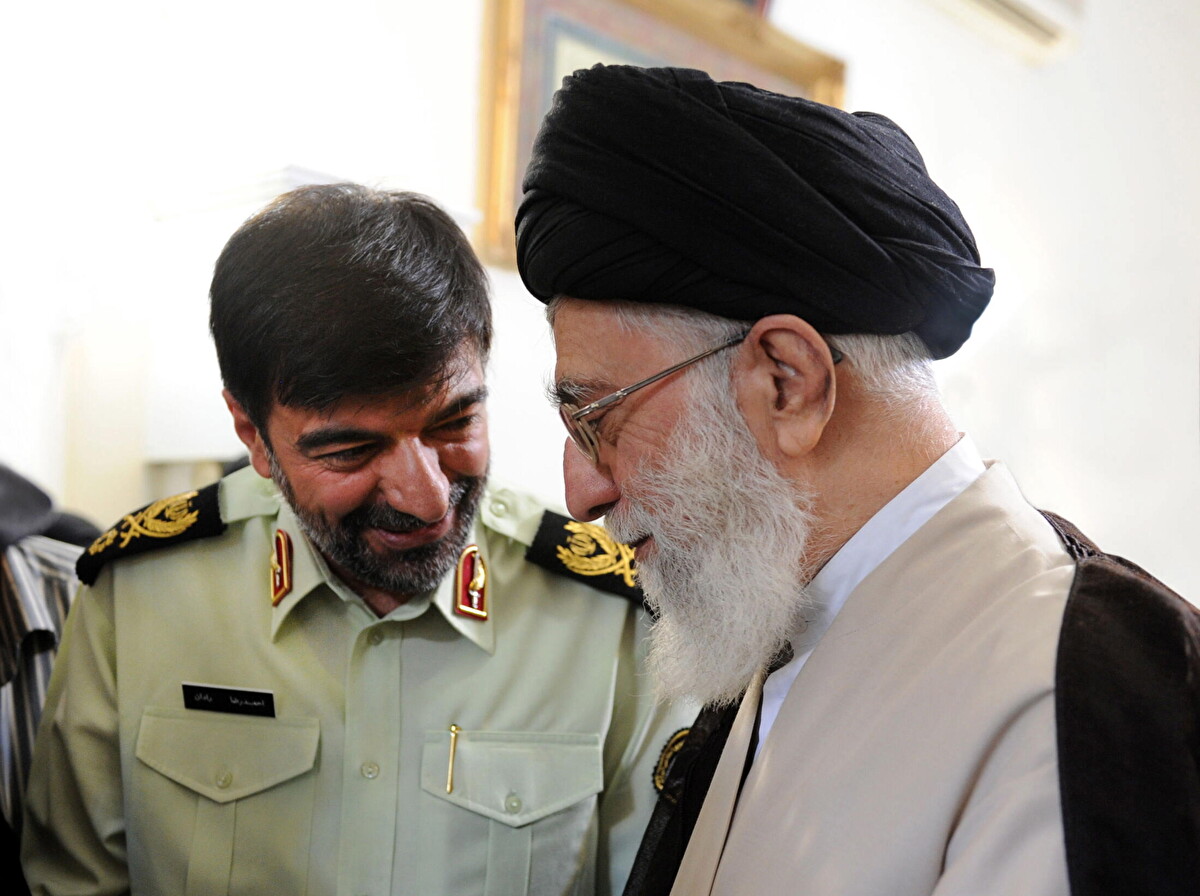Some opportunities for the recognition of Italian culture in the world are lost forever, such as the Nobel Prize for literature to Roberto Bracco, which was never awarded to him due to the veto of the Italian government of the time.
For other opportunities, instead, there is still a chance. This is the case of the election of Domenico Cirillo, a Neapolitan physician, naturalist and patriot of the Republic of 1799, to the American Philosophical Society (APS), a learned society established by Benjamin Franklin in Philadelphia in 1743.
Some archival findings suggest that Cirillo’s election was not recorded due to a clerical error occurred in 1768. The minutes of the APS mention a letter in which Cirillo thanks John Morgan, an illustrious physician from Philadelphia, for having proposed him as a member of that society. Yet, Cirillo’s name does not appear in the records of the APS. Instead, those records refer to the election of an unknown ‘Professor Famitz’ of Naples, who is not mentioned anywhere in the archives of the University of Naples or in the records of the main academic societies of the time.
How is it possible that the name of Cirillo be confused with that of Famitz? It all began with a letter of 1767 in which the British Consul in Naples, Isaac Jamineau, invited Morgan to initiate a correspondence with ‘My family physician … Professor of Botany here [in Naples] … to whom this university is oblig’d for the introduction of Linneas’ System’. Morgan, who had visited Naples in 1764, must have matched that description with that of Cirillo, professor of Botany at the University of Naples since 1760 and correspondent of the Swedish naturalist Carl Nilsson Linnaeus.
Morgan thus proposed Cirillo’s election to the Society, forwarding Jamineau’s letter as proof of Cirillo’s international reputation. The person who followed up on this, however, must have mistaken the words ‘My Family Physician’ for ‘Mr Famitz Physician’ and enrolled the unknown ‘Professor Famitz’, instead of Cirillo.
This account, which builds upon the work of eminent scholars such as Antonio Pace and Whitfield Jenks Bell Jr, finds support in the examination of Jamineau’s letter, which I managed to retrieve thanks the archivists of the Historical Medical Library of the Philadelphia College of Physicians.
The handwriting of the British Consul is not easy to understand, but from a comparison with other passages of the letter it seems that he really wrote ‘Family’ and not ‘Famitz’: the penultimate letter is a ‘t’ and not an ‘l’, as it lacks the horizontal dash, present instead in all the other ‘t’s of the document; the last letter is a ‘y’ and not a ‘z’, as can be seen from the comparison with the last letters of the words ‘university’ and ‘botany’ contained in the same sentence.
What might be the implications of such findings? While posthumous elections to the APS are not permitted, the rectification of clerical errors in elections already completed should in principle possible, even if it would be the first time for a Society that has been active for over two and a half centuries.
Hence, the idea of launching a petition (https://www.change.org/CirilloAPS) to Linda Greenhouse, president of the American Philosophical Society.
The recognition of the Neapolitan Domenico Cirillo as the first Italian member of the most eminent American scientific society would be a testament to the international relevance that Neapolitan culture already had in the 18th century and to the deep bond between the United States and Naples, which hosts one of the oldest US diplomatic posts in Europe.
Paolo Caputo, Director of the Botanical Gardens of Naples and Professor of Botany at Federico II University, commented: “I can confirm that it was Cirillo, not the unknown Famitz, who introduced the Linnaean system in Naples and held the chair of Botany at the University. Also, to my knowledge, no one by the name of ‘Famitz’ is known in Botany. Domenico Cirillo greatly contributed to science and society and, in a twisted retribution, he was sentenced to death. So it is our duty to honor his memory and his achievements.”
Professor Antonio Giordano, Board member of the National Italian American Foundation, and Director of the Sbarro Health Research Organization at Temple University, commented: “it is time to correct a historical error and to recognize the profound influence that the Neapolitan medical school had in the United States from the very beginning. Let us not forget that it was another Italian physician, Philip Mazzei, who provided Jefferson with some of the words of the Declaration of Independence. As an Italian-American physician and President of SHRO, a Philadelphia-based research center now also active in Italy, I fully support this initiative, in the name of the values that unite Italy and the US”.











